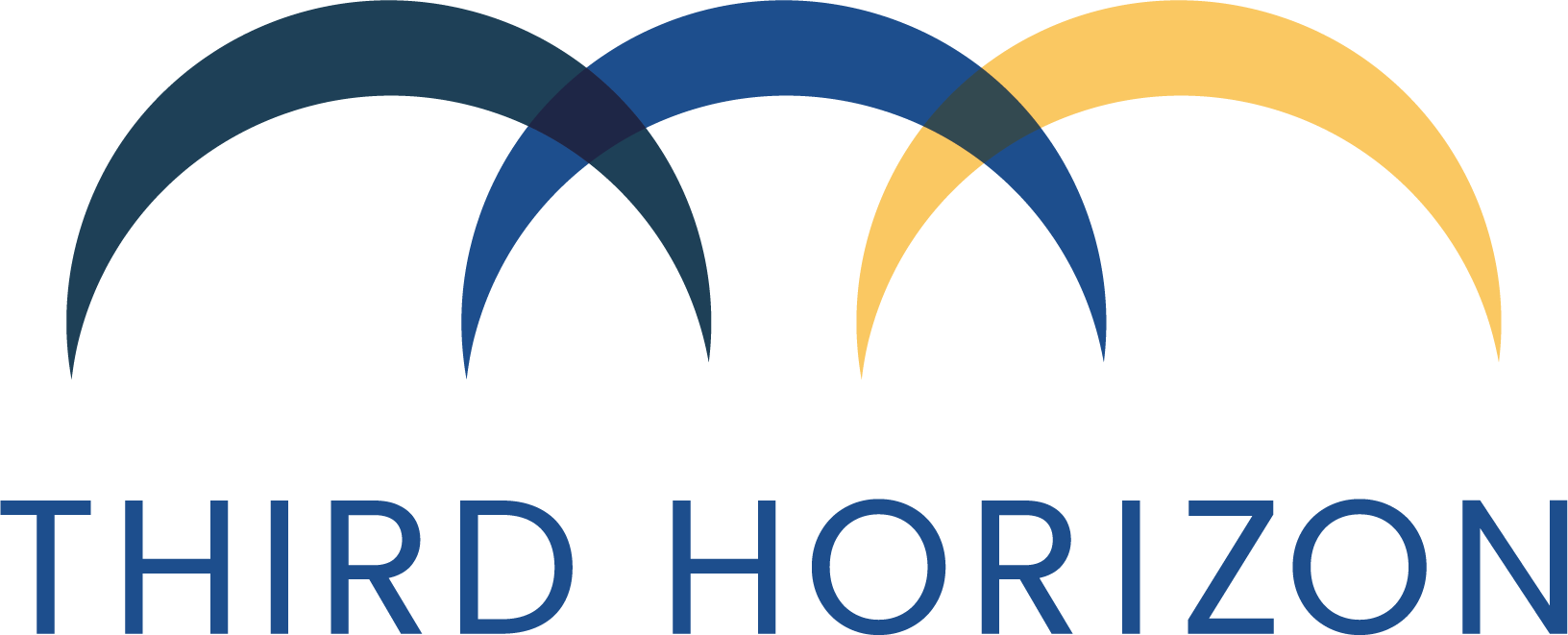- Medicare’s value-based programs are penalizing inpatient hospitals for community-level health equity factors that impact outcomes but are largely out of hospitals’ control, according to a recent analysis. Specifically, the study, based on Centers for Medicare & Medicaid Services (CMS) data, pointed to patient populations with greater medical complexity, greater need for uncompensated care, and who more frequently live alone, as a drag on hospitals’ performance in three CMS quality programs. The research was conducted by the Federation of American Hospitals (FAH) and a contracted health consultant. (Article here)
- According to new research, Medicare Advantage (MA) enrollees have less money and face greater challenges in overcoming the social determinants of health (SDOH) than enrollees in fee-for-service (FFS) Medicare. The average income of an FFS enrollee is $85,085; for an MA enrollee, it’s $76,720. Location plays a part, with 35.5 percent of FFS enrollees living in a ZIP code in which people have incomes above $100,000 a year, while only 23.8 percent of MA enrollees live in those areas. The white paper also looks at how SDOH influences utilization and why understanding how they do so can help both MA and FFS Medicare deliver better care to beneficiaries in both systems. (Article here)
July 13, 2023
Inequities and SDOH | Tea Leaves
